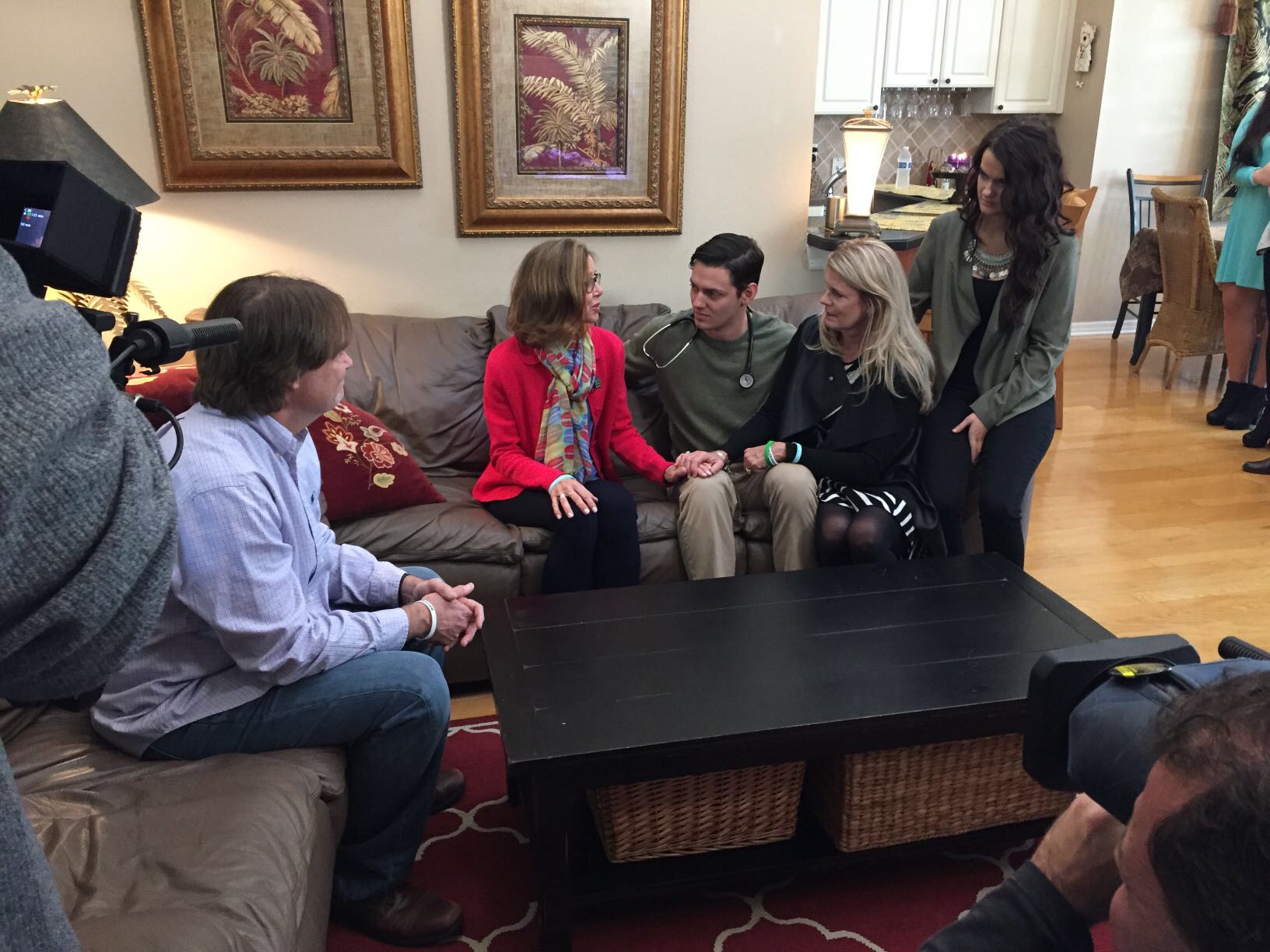Nineteen-year-old Brooke Dawkins was everybody’s friend. Her mom, Laura Dawkins, describes her as intelligent and athletic with a laugh that stood out across a room. She had a way of helping others feel good about themselves, remembers her dad, Chris Dawkins.
Organ Donation
On Feb. 23, 2014, a vehicle struck Brooke as she was crossing Alafaya Trail near the University of Central Florida, where she was a sophomore, causing a traumatic brain injury that led to complete and irreversible loss of brain function. When the family learned there was no chance of recovery, Laura approached the hospital staff about donating Brooke’s organs.
“You have to make sure your loved ones understand it’s important to you so they know to make that decision,” Chris says, noting that it’s difficult for loved ones to be in the right frame of mind to make that decision alone.
With the help of the doctors, nurses and TransLife Organ and Tissue Donation services, Brooke donated her heart, liver, kidneys, pancreas and both corneas. Her pancreas and one of her kidneys helped a young woman battling diabetes while her liver saved the life of a man with an 11-year-old daughter. Her corneas restored sight for two Central Florida seniors. Her heart saved Carol Wright, a mother of four and grandmother of two from Wisconsin who had been living with heart failure for a decade.
The Dawkins family met Wright at the Orlando International Airport when she arrived for her first visit two years after the successful heart transplant. Chris says she immediately felt like family.
“Seeing her for the first time and getting to hug her and feel Brooke’s heart – it was very emotional,” Laura adds.
Not only did the Dawkins have the opportunity to meet Wright, but they also heard Brooke’s heart beating strong in her chest. As they listened, they couldn’t help but imagine their daughter, sister and friend at Wright’s age. After all, the family sees many of Brooke’s personality traits in her.
A Second Chance
Wright can’t help but feel thankful for her second chance at life but also just a little bit sad. “I feel this heart, and there were so many people that played a significant part of it,” she says in a video about the experience. “I feel their loss, and I think they feel my gain.”
Through the Brookestrong Foundation, the family works to raise awareness surrounding the importance of organ donation.
“I think our message resonates differently than the person whose life was saved,” Chris says. “Everybody understands that. Not everybody understands that it means something to the families that donate as well.”
Hundreds of thousands of men, women and children are waiting for the gift of life on the national transplant waiting list. During National Donate Life Month this April, consider registering to be an organ donor, just as Brooke did. According to Donate Life America, you could save up to eight lives, restore sight to two people and heal 75 individuals with tissue donations. For more information about how to register, visit www.DonateLife.net.

